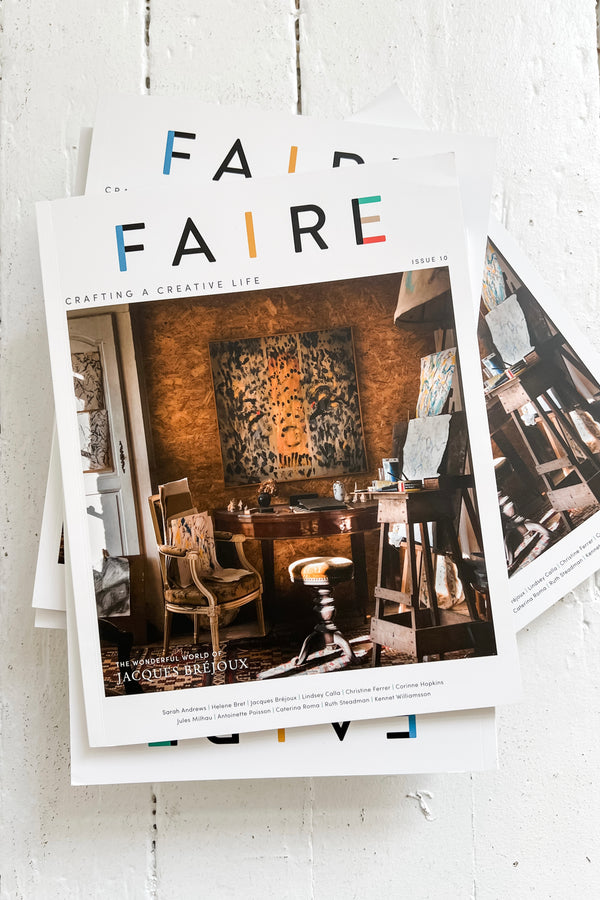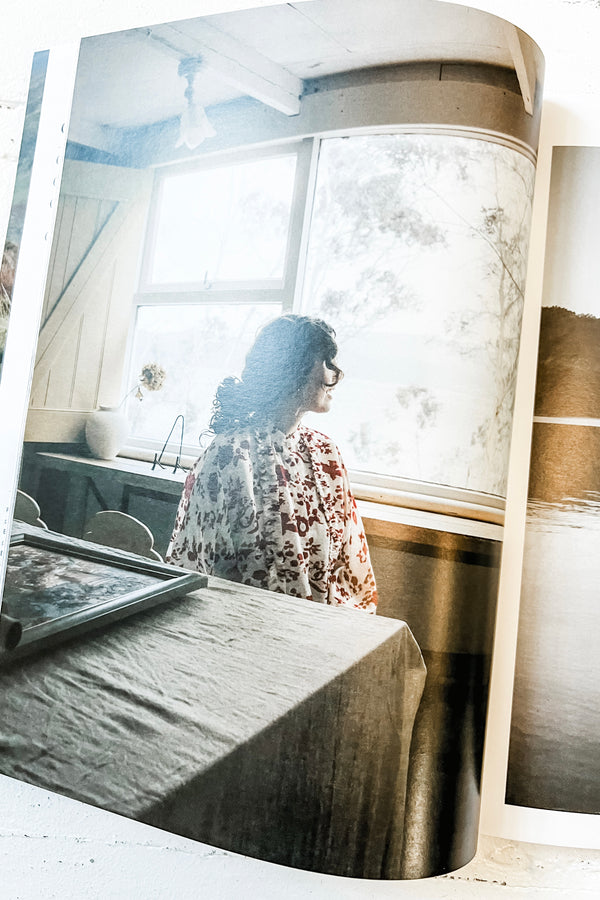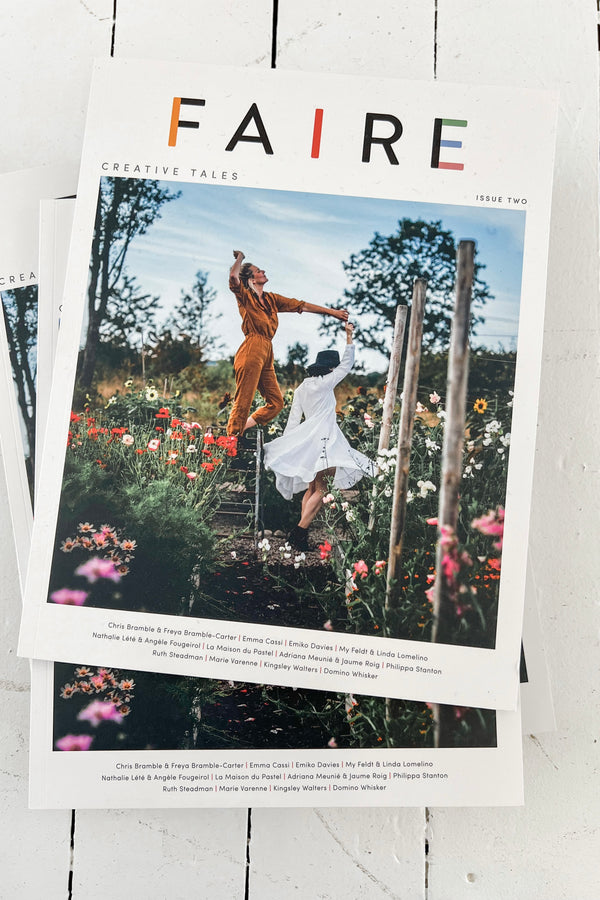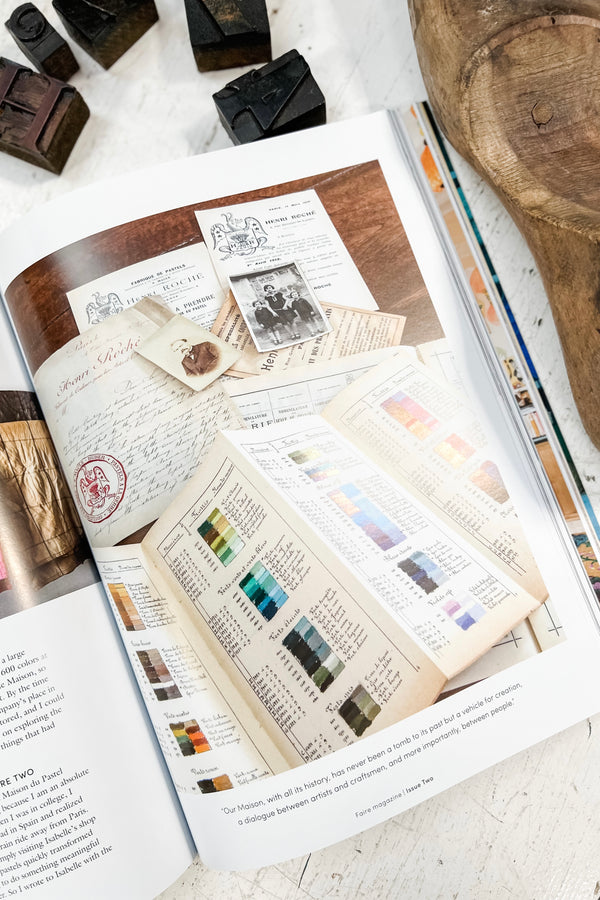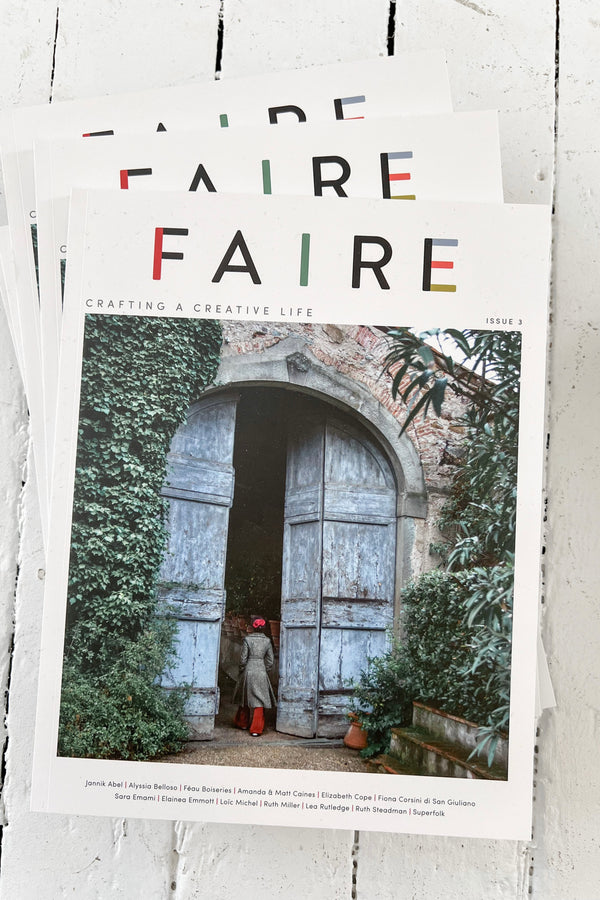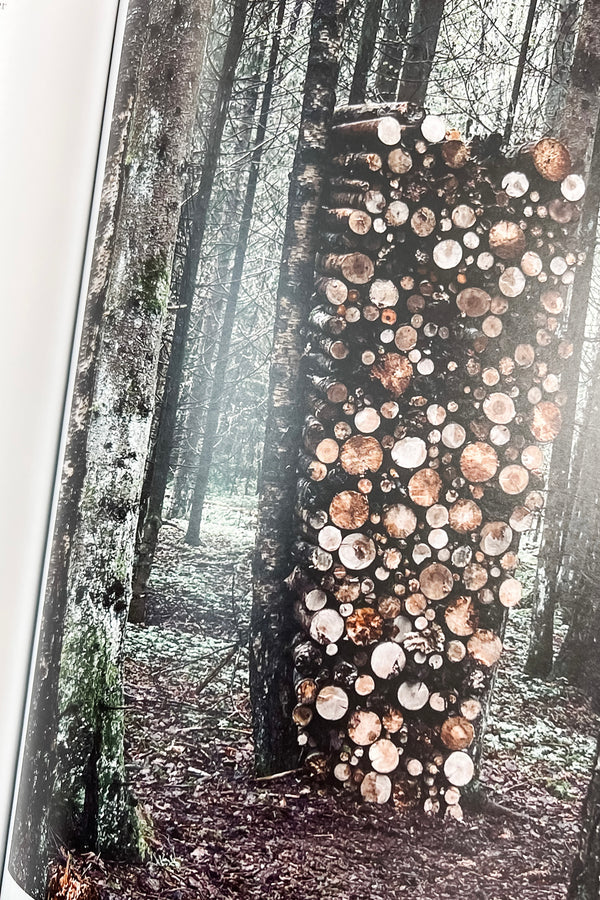Selvedge Magazine | Issue 116
 More info
More info
Details
At the recent Selvedge Wardrobe Revolution Weekend symposium, our conversation revolved around the concept of value. Scarcity and value were comfortable bedfellows in a pre-industrial society, but today, when we live in a world of abundance, what to do and how we assign value is a more challenging question. This quandary accounts in part for the resurgence of craft in the 21st century and perhaps why we struggle with the concept of intangible cultural heritage in the UK, as outlined by Daniel Carpenter in his article “Culture Wars: Crafts’ Colonial Legacy.” Craft skills can be used to tackle the endemic problem of landfills when they are employed to upcycle waste into valuable new products, as illustrated by Ashita Singhal of Piawand.
We explored mending in all its various forms. Kate Sekules gives value to throw-away fossil-fibre-derived fast fashion with visible mending. In this issue, Brinda Gill examines the invisible mending techniques of the Rafoogars of Najubabad, India. Corinne Julius interviewed Celia Pym, the mother of modern mending and discovered contemporary consumers' appetite for visible darning.
In her article, “The Great Uncut,” Sarah E. Braddock Clarke highlights wasteful and wasteless pattern cutting and signposts non-Western clothing construction as a more conscious approach. Garments that maintain the uncut cloth's integrity are inherently less wasteful and more flexible than conventional cut-and-sew construction, as we see in Rta Kapur Chishti’s article on the sari, beautifully illustrated by Paula Sanz Caballero.
In this issue, we consider uncut cloth in its multiple forms, including the significance of the turban in Sikh culture and question its adoption as a fashion accessory. The hijab, a site of political protest in contemporary Iran, is scrutinised. As is The Kashmir shawl an example of a global commodity linked to colonialism and consumerism. The colonial trade in cloth is beautifully chronicled in Frances Homsn Jus’s article and Susan Meller’s new book – a must-read for anyone interested in graphic design and textile history.
Taking an example from the blue-sky thinking seen in the ancient sari, the trade blankets worn by the Osage people of the Midwest, portrayed in Scorsese’s Killers of the Flower Moon, and Anuj Sharma of Button Masala, this January, I urge you to resolve to consider alternatives to the ubiquitous cut-and-sew when making your clothing choices.
Polly Leonard
Founder and editor Selvedge magazine
We ship worldwide. Your order will be packed within 3 days and shipped, Monday to Friday, through the Australia Post network across Australia. International deliveries will be shipped via DHL. You will receive a tracking notification via email. For shipping rates and more information please visit our FAQ Page at the bottom
Returns PolicyWe provide refund, credit or exchange on full price merchandise within 14 days of the date that your order arrives with you. Sale, promotional & gently worn garments are eligible for credit or exchange only. To arrange a return please email customercare@evassunday.com.au For more information, click here.
Need some help?












